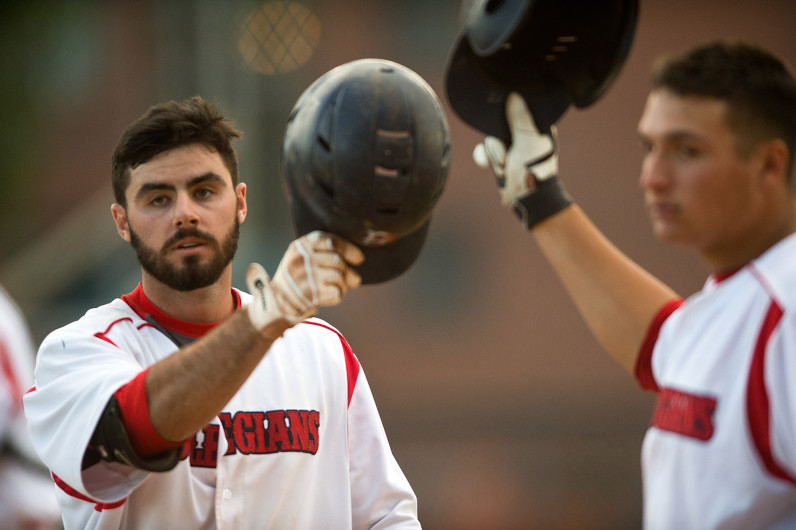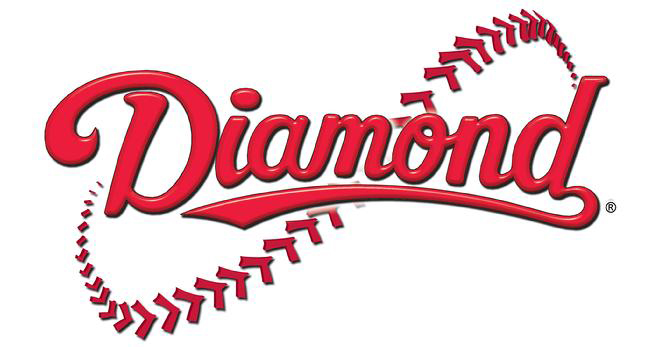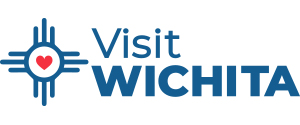From 1964 through 1980, liquor store owner Bauldie Moschetti ran one of the nation’s premier collegiate summer baseball programs, the Boulder Collegians. The team won four National Baseball Congress championships and attracted top-tier college players from all over the country, including future pros such as Joe Carter, Joe Madden and Tony Gwynn.
That time frame was the heyday of the state’s college summer baseball scene, with other long-defunct storied teams such as the Englewood Redbirds, Colorado Rangers and Pueblo Steelers making Colorado a breeding ground for future pro prospects for three months of the year.
Jump ahead to 2017, and while Colorado doesn’t boast nationally renowned college summer baseball as it once did — the Cape Cod League and the Alaska League lay primary claim to that — the foundation is in place for the state to return to that level.
“There’s a history of quality summer baseball here, and I think you’re starting to see that come back,” said Al Blesar, a longtime coach and professional scout who is the co-director of player personnel for the Mile High Collegiate Baseball League. “More local guys and nonlocal guys are seeing the benefits of playing in leagues here before they head back to school in the fall.”
Colorado has three summer leagues: the Rocky Mountain Baseball League (founded in 1999), the Mile High Collegiate Baseball League (2013) and the Mountain West Summer College Baseball League (2015). All three are nonprofits, with all player fees going toward operating costs. The RMBL and MHCBL have 10 teams apiece and the MWSCBL eight, and both the RMBL (two bids) and the MHCBL (one bid) are members of the NBC.
At their core, the leagues provide players with a packed summer schedule — usually 40 to 60 games — that allows players ranging from Division I to junior college to focus on development.
“Like I always tell my players, you’re going to come in and get your at-bats and get your innings on the mound,” said Steve Oram, vice president of the RMBL and a longtime summer coach. “I think a lot of the younger guys in the league, like players who just graduated from high school or redshirted in college, get an opportunity to get better over the summer so that they can make their college team or find their way on the field.”
Players such as Evan Walter are proof of the doors Colorado summer baseball can open.
Walter started at first base the past two seasons for the Colorado Cyclones, a team that earned NBC berths with consecutive MHCBL titles. The 2012 Thomas Jefferson High School graduate attends the University of Science and Arts Oklahoma, which has a top-tier NAIA program. He found a home there, thanks to the MHCBL.
“The main thing the league’s helped me with is that it’s given me opportunities,” Walter said. “Two years ago I got picked up by a junior college after the summer because I wasn’t playing at my previous school, and then last summer, I earned the opportunity to come aboard at my current four-year school.”
And while the RMBL and the MHCBL are dominated by Coloradans, the Western Slope-based MWSCBL is about 80 percent non-Coloradans — including players from nearly all 50 states as well as Mexico, Canada and Australia. The league capitalizes on Colorado’s mild summers, altitude-assisted hitting and growing status as a world-class destination.
“One of the biggest draws of our league is where it’s at,” said MWSCBL commissioner Joe LeFebre, whose league has teams in Eagle Valley, Carbondale and Steamboat Springs, among other sites. “I don’t think there’s a college summer baseball team at 9,000 feet elevation like the Summit Extreme Black Diamonds are, and I don’t think there ever has been.”
All three Colorado summer leagues have expanded since their debut, and now the RMBL is looking to widen its reach beyond the state’s borders.
“With so many summer leagues sprouting up all over the country and increasing numbers of guys who are willing to travel to play summer ball, now we’re trying to market ourselves as more of a regional league,” Oram said. “We’ve got a team in Laramie right now and we’ve got one up in Sterling, and we’re working with guys up in Casper and Cheyenne, so next year we hope to expand the league up there as well.”
But despite the proliferation of summer collegiate baseball teams in Colorado over the past two decades, the state — specifically the Denver area, where RMBL and MHCBL teams are mostly located — faces a distance disadvantage compared with other leagues within the U.S. such as the Jayhawk League (Kansas) and the Northwoods League (the Midwest) that draw top college freshmen and sophomores nationally.
“Leagues like the Jayhawk League have their own franchises, and it’s like the minor leagues in the way it’s set up,” Blesar said. “Each city is franchised and the teams play at the best college ballparks in the city, and the communities really come out and get behind the teams.”
In that way, the lure of the Denver area for players also is a drawback for the RMBL and MHCBL, because cities here don’t provide the best breeding grounds for grassroots amateur leagues. The lack of Division I programs at major universities such as DU, CU and CSU doesn’t help, either.
“I don’t know if we could ever become self-sufficient like the Northwoods or the Cape Cod, because we’re not in small towns,” RMBL president Mark Cerullo said. “There so much to do in Colorado that even if the league charged gate, as we’ve discussed in the past, it would be just friends and family paying. So while Denver is a great draw for kids to play here, it’s a tough sell in terms of sponsorships and getting people out to ballgames.”
But a state can still dream.
Many of those who have been around Colorado amateur baseball the longest — such as Cherry Creek High School’s Marc Johnson, who has coached the Bruins for 45 years — believe the infrastructure and intangibles are in place for the state to once again become a summer college baseball hotbed.
“To go back to when Colorado summer teams were truly loaded — like when I was coaching the Colorado Rangers and I had guys like (Boston Red Sox manager) John Farrell on my team — you’d have to have some big sponsors and a lot more nice college fields in the area,” Johnson said. “Right now, I think you could put together a great Colorado-based team to rival what Cape Cod offers, but you’d need an entire league so that team doesn’t have to travel the country to play. That’s the next step to elevating the college summer leagues in Colorado, and it’s going to take an influx of talent to do it.”






